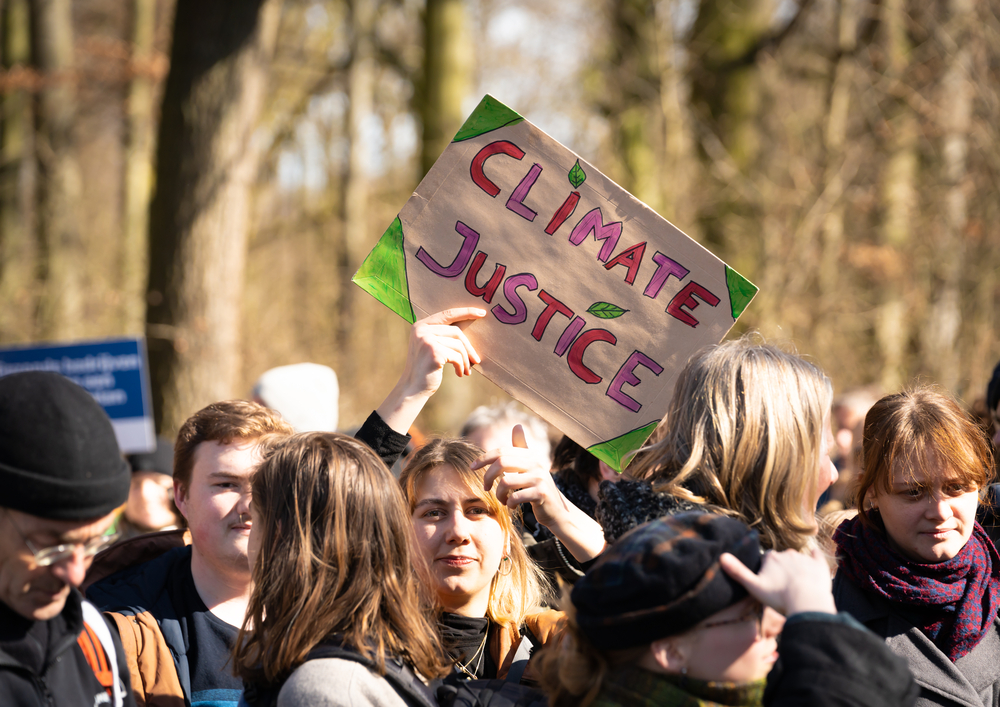The Dutch House of Representatives wants to stop subsidising sustainability costs to the Dutch companies emitting the most greenhouse gases.
These subsidies provide extra support for the most polluting companies to catch up with the competition, given that they must invest more in sustainability, reports NU.nl.
However, a majority of the Dutch parliament wants to stop these government subsidies as they believe that it’s the companies’ responsibility to pay for their pollution costs themselves.
READ MORE | 17 ideas that make the Dutch sustainability super-heroes
What are the subsidies?
Today, the most polluting companies in the Netherlands need to invest in sustainability to try to offset the pollution created by their activities.
They must pay taxes based on their carbon dioxide (CO2) emissions, meaning the more that companies pollute, the more they must pay.
The government offers subsidies to 10-20 of the most emitting companies to keep up with the competition, despite the tax costs.
READ MORE | 10 things to know about taxes in the Netherlands as an expat
According to NU.nl, the subsidies could help to reach the climate goal of reducing CO2 emissions by 55%-60% by 2030.
Time for Shell to pay themselves
Big polluting companies face high costs from taxes to offset their pollution, which could affect their competitiveness. But many cabinet and parliament members believe this is the companies’ responsibility to manage and not the government’s.
Thus, the parliament wants to remove government support for polluting companies.
Big polluting companies would then have to pay sustainability taxes themselves without subsidies.
If you made $53,000 a day or $20 million per year since Jesus was born you would still not make the profit Shell made in 2022.
It’s time for Shell to Stop Drilling and Start Paying for the climate damage they’ve caused. #ActOnClimate #climate #energy #renewables pic.twitter.com/N5KwJwoe4d— Mike Hudema (@MikeHudema) March 26, 2023
Joris Thijssen, from the PvdA (Labour party), says: “As a Dutch taxpayer, we shouldn’t have to pay for Shell to score so much worse than its competitors. Certainly not since they make a profit of €36 billion,” writes NU.nl.
READ MORE | The easy guide to the Dutch nitrogen crisis, farmers’ protests, and more
“The Dutch industry must be among the top in Europe. We are prepared to help those companies. But they have to reach the European average themselves. We only want to help them to rise above that,” says D66 (Democrats 66) Member of Parliament, Raoul Boucke, writes NU.nl.
Other green discussions
The parliament is also discussing other sustainability laws that companies are subject to.
Companies emitting greenhouse gases are already required to save energy, but Dutch members of parliament are clarifying and expanding the exact obligations of companies under this rule.
What do you think about this move by the Dutch government? Tell us your thoughts in the comments below!



